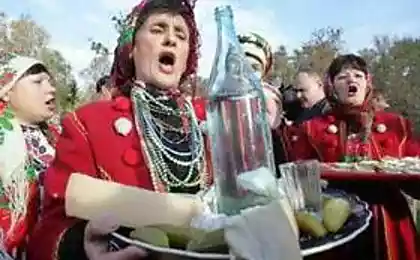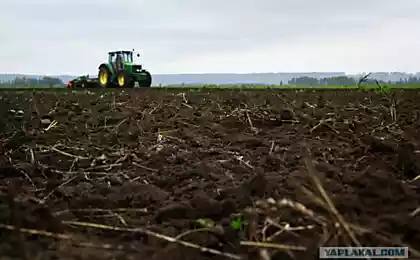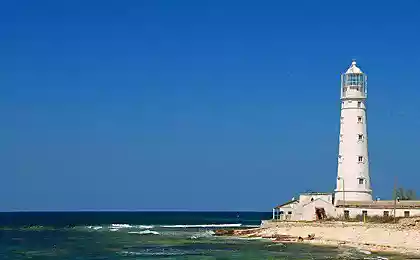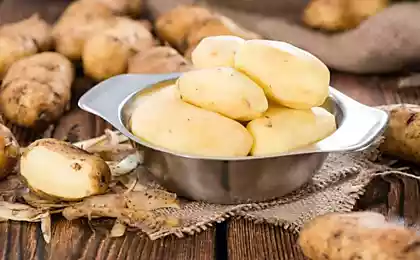650
How and why was introduced potatoes to Russia
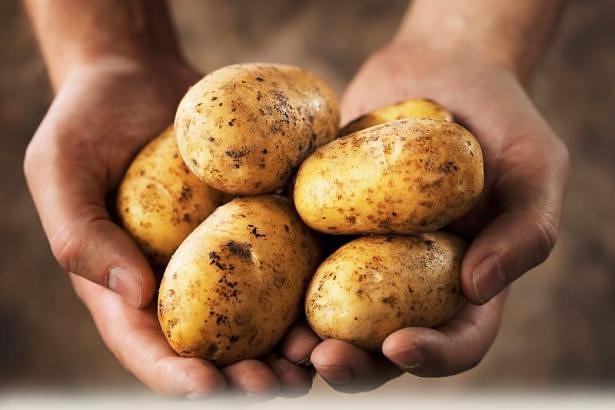
"Potato is energy
weak, unbalanced, uncertain, the energy of the doubt. The body
is sluggish, lazy, sour. Solid energy potatoes are called
starch, which the body alkaline-acid treatment can not be,
the organism appears badly, dramatically reduces the speed of thought blocks
the immune system. Potatoes with any products not
combined. If it is, then separately, preferably cook in uniform. In
the skin and immediately under it is the substance that helps break down
starch.
In Russia we never had potatoes, it brought the "dark" and
cultured force. Gradually they brought out and highlighted it in
the thoughts of people as the main vegetable, than a very badly damaged human
body. Today is the most important vegetable product on the table, considered
the second bread, and good vegetables were transferred into a secondary.
We ask you in any case not to use the potatoes to the students of the School
"Happiness," where are all aimed at increasing the speed of thought, because
potatoes all reduce to zero.
Potatoes can be eaten young, within
two months, then it becomes a poison. Replace the potatoes with turnips. Not
turnip accidentally try to completely remove from food".
from the book "the Knowledge stored dolmens", A. Savrasov
So
also, anyone interested in healthy eating know that potato
this is a very SLIME PRODUCT, and mucus from the body practically
output, but is delayed, causing a disease ("traditional"
medicine about this, of course, knows nothing).
As introduced potatoes to Russia
It
a time when the Russian old believers thought potatoes devil
temptation. Still, after this foreign root is FORCIBLY INTRODUCED
in the Russian land! The clergy, betraying anathema, dubbed it
"bloody Apple". Say about potato kind word, and even in print,
it was very risky. But today many of our fellow citizens believe that
the potato is originally from Russia, well, or, at worst, Belarus, and America
gave the world's only French fries.
The potato was first brought in
Europe the conquest of Peru by the Spaniards, who spread it throughout
The Netherlands, Burgundy and Italy.
Accurate information about the appearance
potatoes in Russia, but it is associated with the Petrine era. In the late 17th
century, Peter the great (again, Peter), while in the Netherlands on the ship
Affairs, became interested in this plant, and "brood" sent from
Rotterdam bag of tubers count as well. To speed up
the spread of the potato, the Senate only in 1755-66 considered the question
on introduction of a potato 23 TIMES!
In the first half of the XVIII century.
potatoes were bred in a significant number of "particular people"
(probably foreigners and persons of the upper classes). Measures to widespread
breeding potatoes for the first time, were passed during the reign of Catherine II, on the initiative of
Medical College, whose President was at that time, Baron Alexander
Cherkasov. It was initially about raising money to help "without
big dependent" the starving peasants of Finland. For this reason
the medical Board reported to the Senate in 1765, that the best way to
to prevent this disaster, "is in those earth apples, koi
England are potatoes, and in other places, earthen pear,
tartufati and kartofelyu".
Then, at the behest of the Empress
The Senate was sent to all parts of the Empire the seeds and instruction on
the development of potatoes and care about it entrusted to the governors. Under Paul I
also ordered to plant potatoes, not only in gardens but also on
field earth. In 1811 was sent to the Arkhangelsk province three
colonist with instructions to impose a certain number of acres of potatoes.
All these measures have fragmentary character; the mass of the population potatoes
was met with distrust, and the culture didn't catch on.
Only
the reign of Nicholas I due to the former in 1839 and 1840 the poor harvest of grain in
some provinces, the government adopted the most energetic measures to
the spread of crops of potatoes. The Supreme command,
followed in 1840 and 1842 he was agreed:
1) make all state public villages crops of potatoes to supply this latest farmers for future crops.
2) issue instruction on the cultivation, possession and consumption of potatoes.
3) promote awards and other awards hosts, characterized by the cultivation of Potatoes.
The implementation of these activities was found in many places with PERSISTENT RESISTANCE of the POPULATION.
So,
in Irbit and the neighboring counties of the Perm province of the States farmers
somehow tied to the public order of the potato crop idea
selling them to landlords. Broke out the potato rebellion (1842),
expressed in the beating of the rural authorities and demanded to pacify
of its assistance to military commands which, in one parish had
even use grapeshot;
The number of participating
peasants and the enormity of the affected area it is the LARGEST RUSSIAN
The civil UNREST of the nineteenth century, which led to him reprisals
different normal at the time cruelty.
Interesting fact:
Owner
estates General R. O. Gerngross, growing tubers from 1817, gave them to
seeds and farmers. However, the crops on peasant plots were
sparse. It turned out that the farmers planting the tubers, night
dug up and sold "cursed earth apples" vodka in the nearest
tavern. The General then went to the trick: issued on the seeds, not the whole, and
cut tubers. The peasants did not choose from the earth, and gathered
a good harvest, and convinced of the convenience of potatoes, they started it
to breed.
In General, those to whom it was necessary and beneficial to
Russian people are degraded, reached their goal and potatoes became our
the second bread.
The inclination of the axis of rotation of the Sun can be explained by the influence of an undiscovered planet of the Solar system
10 Best Foods for the Beauty of Your Skin








